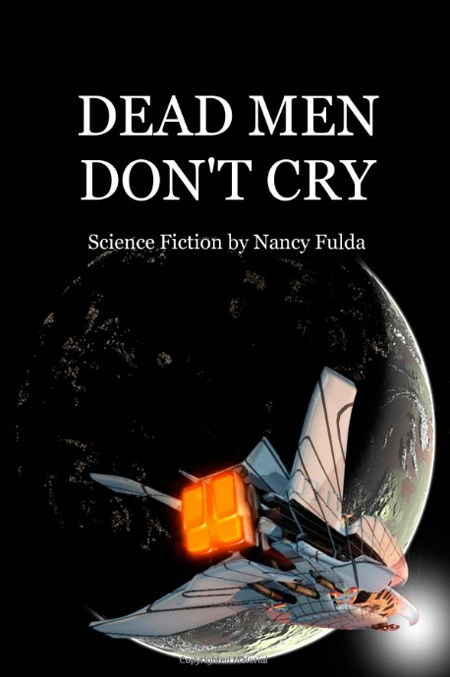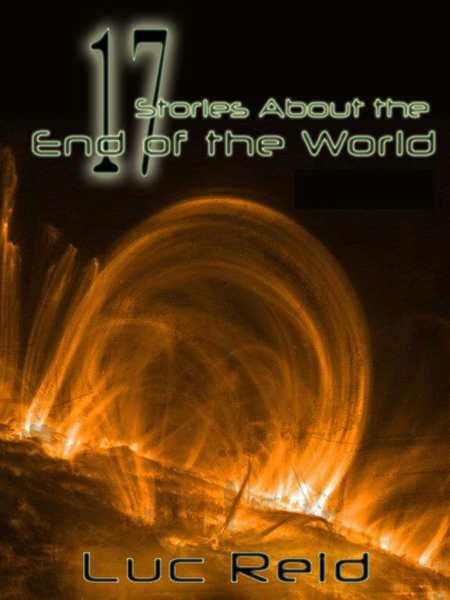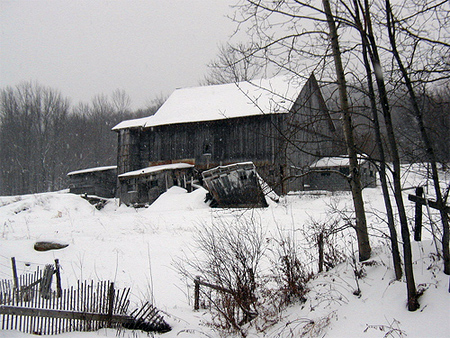
Old Vermont barns like this one were part of my experience I wanted to use in the setting for my novel of curse-keeping in rural Vermont, Family Skulls (see left sidebar)
I try to limit the number of posts I make on the craft of fiction writing, because while I’ve been seeing some great success in my writing, it’s not as though I’ve written the Great American Novel and hit the bestseller lists, so advice on how to write a story seems like something I should be careful not to give out too much of. However, a reader recently wrote to me saying she was concerned that she might not be able to learn enough about her characters and settings to write a novel that feels real, and asking what kind of research I do when writing fiction to make sure that these elements work. Feeling that I had some useful information on the subject, I replied. Here’s what I wrote:
Based on my own experience and on many discussions with other writers, there seem to be a lot of different approaches to researching character and setting. Some of us just dive right in and either stop to do research as necessary or make notes about what we need to research and just keep writing around the blanks. Personally I’m not a fan of putting in a blank and expecting to fill in with research later, because I think good research can weave itself deeply into the story, but I can’t deny that it works for some good writers.
Using research to make a story work well and feel real isn’t especially difficult, but it does take time and effort.
Approaches for characters
I’d suggest taking different approaches for characters and setting. For characters, unless you’re the kind of person who (like me) likes to try to draw characters out while writing the story, I’d suggest putting down some key information about each major character first. Basic life facts and physical information are important, of course–What are their hair colors? How strong or weak, heavy or light are they? What kinds of medical problems have they had to go through? How tall or short are they? What were their families like as children, and who was in those families? What are their family or living situations like now? How do they get along with family members in the present? How far have they gotten in school? How did they do? What job, if any, do they have?
Even more importantly, though, you can delve into what drives them. I don’t think it’s necessarily important to know what a character’s favorite color is or what that character ate for breakfast unless that’s very meaningful to who they are or to the story–though some writers disagree and feel that this kind of extreme detail is worth gathering. For my money, though, what’s important is what the character desires, what they’re afraid of, what their doubts are, what kinds of situations get under their skin, and that kind of thing.
Strengths and schemas
I often use strengths and schemas, at least informally, to flesh out characters. The 36 strengths outlined by Marcus Buckingham, et al. (see http://www.strengthstest.com/theme_summary.php ) are one good way to find out what characters are good at. The 18 early maladaptive schemas from schema therapy (see http://www.lucreid.com/?page_id=1292 ) can be used to find at least one major personality flaw for each character. Real people have multiple strengths and usually multiple schemas, though some may be milder than others. Characters don’t necessarily have to be fleshed out with a cocktail of five strengths and three schemas, for instance, unless it’s really necessary to get that deep to figure out what they’ll do.
Have reasons for your choices
One piece of this process that seems essential to me (and that I forgot to mention to my correspondent on the first pass) is that I don’t see any point in coming up with arbitrary choices. I’d advise choosing character details because they grab you, because they make the character more interesting and complex, because they’ll drive the story, or because they make an interesting cocktail with other characteristics. If your character creation process contains steps like “I guess she’ll have been brought up by a single mom, because I know there are a lot of single moms,” then I suspect you won’t get much juice out of that fact of her upbringing. If you say, though, “I guess she’ll have been brought up by a single mom, and the mom was an alcoholic, so my character had to be the parent to her own mom as she was growing up,” or “I guess she’ll have been brought up by a single mom, being told her father was dead, and then in the story her father will show up at some crucial point when she can’t afford to spare any attention to connect with him.” … well, then maybe you’ve got something.
Personally, I tend to try to let characters emerge organically as I write them, and only stop and question myself about them when they’re not already coming alive. However, this approach takes some practice to work well, doesn’t suit everyone, and may not be ideal anyway. My suggestion in regard to how to come up with characters, as with everything else, is to try everything … then spend a few years getting better at the techniques you decided to use and try everything again. Write, grow, repeat.
Approaches for settings
For settings, I’d suggest starting with a place you have easy access to if possible and paying close attention to the sights, sounds, smells, and physical experience of being in that place. If that’s not practical, it’s worth digging up photos, videos, articles, or other materials that give you a lot of physical specifics. Writing comes alive when it’s full of fresh, unusual, accurate sensory details–and ideally not just sight and sound, but all the senses. If you go too far with this, it begins to get overwhelming, but one or two good sensory impressions per page really pack a punch.
The facts about a location are easier: you can use Google Maps or Google Earth to find out how things are laid out, look up construction of houses or how an office is furnished, etc. I tend to do a lot of research looking for images and videos, because they give me much more of a feeling of being in a place than a simple description.
A couple of writing books you might really like, in case you haven’t already read them, are Orson Scott Card’s Characters and Viewpoint and Stephen King’s On Writing. Between the two of them, they can give you a lot of tools, explanations, and confidence.
Photo by Beth M527
Like this:
Like Loading...
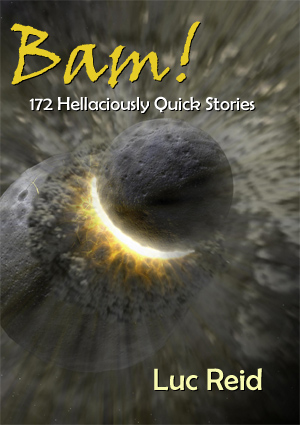 This weekend I’ll be attending Readercon near Boston, Massachusetts, and while there I’ll be doing a reading of stories from my flash fiction collection Bam! 172 Hellaciously Quick Stories. Bam! has been available for Kindle since last year, and the paperback ($11.95) is just coming out now, already available here and scheduled to show up on Amazon.com within the next week or two.
This weekend I’ll be attending Readercon near Boston, Massachusetts, and while there I’ll be doing a reading of stories from my flash fiction collection Bam! 172 Hellaciously Quick Stories. Bam! has been available for Kindle since last year, and the paperback ($11.95) is just coming out now, already available here and scheduled to show up on Amazon.com within the next week or two.




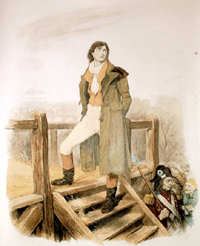 SYMPATHY
SYMPATHY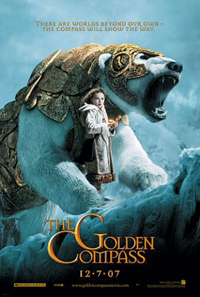
 ENTERTAINMENT
ENTERTAINMENT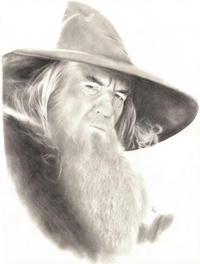 ADMIRATION
ADMIRATION
